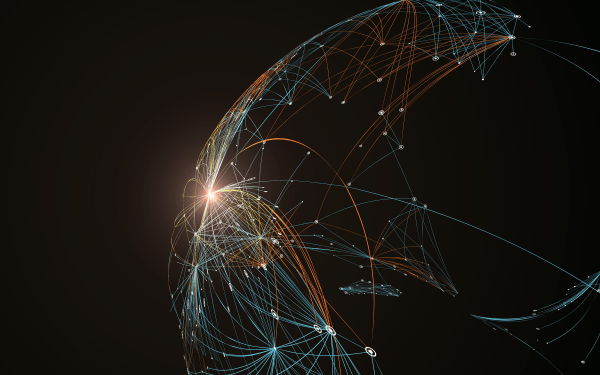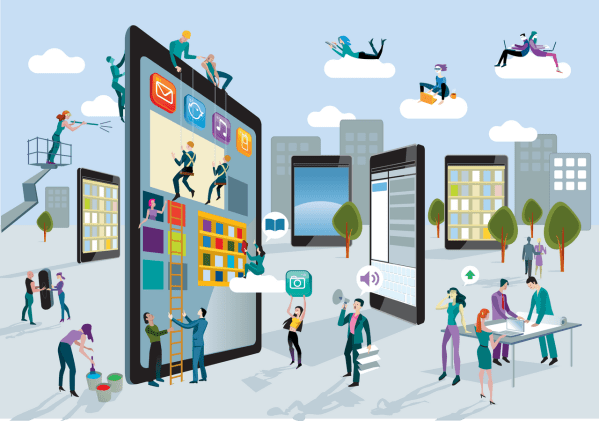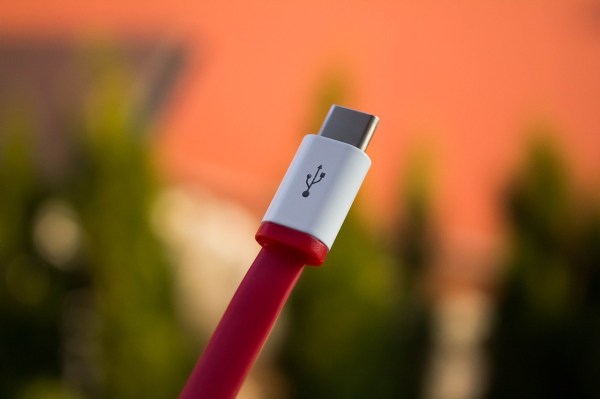Keeping us connected and constantly moving forward. Digitalisation has proven itself to be a key element during the health crisis. Technology has kept us going, in terms of work, health, education, etc. even when we’ve had to be apart. But we must highlight technology’s significant social dimension, which serves one of its main purposes: making the world a more humane place, being a social technology.
The effects of COVID-19, which the UN in 2020 described as the biggest crisis since the Second World War due to its consequences for society and the economy, not to mention public health, are still being felt today. Not only has the disease claimed the lives of more than 5.5 million people worldwide, it has also led to the loss of economic resources and the livelihoods of millions of people.
The social nature of technology
ICT involves a highly significant social and human aspect that, like everything else, has also evolved and developed new focal points. We’ve embraced the freedom that thousands of mobile devices and applications offer us and are using it to voice our opinion and have companies and even government institutions take it into account. Society speaks and wants to be heard. We also use all these tools to have fun, meet people, learn about places we’ve never been, share experiences and contribute to debates that can enrich us all, since we are social animals. We can even launch new projects with the help of people we don’t even know, but who believe in our work. Connectivity and digitalisation are the driving force behind economic recovery and also the stage on which other realities present in our daily lives can be made visible.
Digital tools for sustainable development
As the United Nations put it, the role of technology is to make our world “fairer, more peaceful, and more just”. The UN also highlights the key role of innovation in supporting and accelerating the achievement of the 17 Sustainable Development Goals, with regard to important points such as achieving “the end of extreme poverty, the reduction of maternal and child mortality, the promotion of sustainable agriculture and decent work, and the achievement of universal literacy”.
Thanks to technological developments, we can make social gaps and the most vulnerable situations visible and shine a light on them, getting people and organisations from all over the world involved regardless of where the emergency or critical situation is located. In this regard, we’ve expanded the use of apps and social media to give them a new dimension. We now talk about social technology to refer to the great transformative power of technology and digitalisation.
Accessing basic health services as well as diagnosing and monitoring chronic diseases through telemedicine, bringing medicines and food to remote areas via drones, accessing universal and inclusive education through techniques such as gamification, which help children and adults adapt to the digital transformation and prepare them for the technical jobs of the future, efficiently managing natural and essential resources such as water and energy, developing more sustainable mobility and cities… Anything is possible if we use the power of innovation well.
At the service of people
Technology companies have a huge influence in all these areas. That’s why Telefónica is convinced that technology must be at the service of people, and prioritizes the accessibility of its solutions, focusing on digital inclusion and achieving the SDG goals. Education, equality, economic growth, sustainable communities, climate action, peace, justice and strong institutions are essential for Telefónica.
The company’s goals include contributing to reducing the digital divide in all social and educational areas and working for environmental protection, all without losing sight of the importance of these projects as a driver of economic growth in the context of societies’ industrial and technological development. These plans are carried out through digital skills’ development programmes that are part of educational projects, and also seek to guarantee small and medium-sized companies’ access to digital services and ensure that these companies can incorporate ethical, social and environmental criteria in their purchasing processes. The plans are furthermore implemented through support for key sectors, encouraging investment in companies, working with domestic and international organisations, etc., in caring for the environment by promoting efficiency and innovation, and bringing it closer to people and organisations in order to build a greener future.
Promoting digitalisation in favour of a more sustainable society and economy is increasingly necessary. New technologies must be key to building a more humane world and a fairer society. And we must all work together to make this happen. It all depends on how we use them










